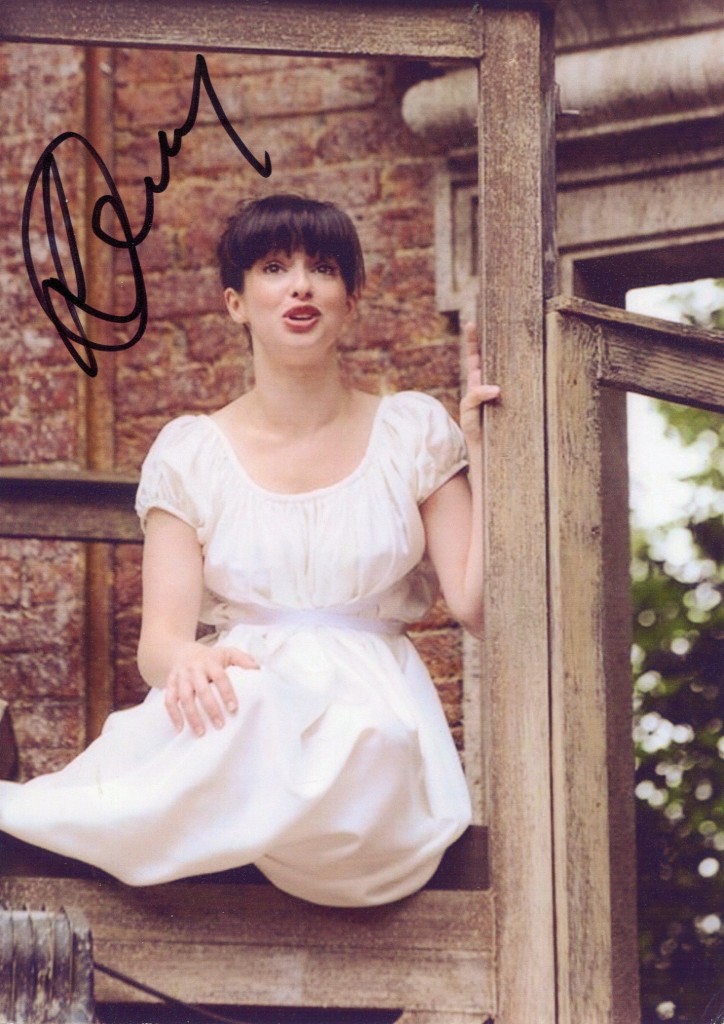
Brittish Actors
One of the oldest actors on the screen in the 1920s and 1930s, George Arliss starred on the London stage from an early age. He came to the United States and starred in several films, but it was his role as British Prime Minister Benjamin Disraeli in Disraeli (1929) that brought him his greatest success.
Nick grew up in Bristol (England).
His father was a keen amateur actor and Nick appeared in plays with him. He and his brothers also played children’s parts in TV and Radio productions from Bristol.
The family also became involved with a Czech/French troupe of High-Wire Walkers called The White Devils and, during his teenage years, Nick spent several happy summers travelling through Europe with them.
After leaving the University of Sussex, with degrees in Philosophy and English, he was appointed Lecturer in English and Drama at the University of Baghdad. After a year, the difficult political situation in Iraq made him return to England and he became a schoolteacher in London.
A year later he took the position of Youth Theatre Organiser at The Marlowe Theatre (Canterbury) and toured schools with plays and workshops as well as acting in the Theatre’s main productions.
This lead to many years working in Theatre. During this time he played Jesus in The Cornish Passion Play at the Northcott Theatre, Exeter, and Chief Bromden in One Flew Over The Cuckoo’s Nest at the Manchester Royal Exchange as well as working for the National Theatre, the Royal Shakespeare Company and in London’s West End.
His Television career began during this time with Ben Kingsley in Thomas Hardy’s Wessex Tales for the BBC and during the 70’s and 80’s he became a regular on British television.
His film work started in the 90’s when Roger Corman cast him as The Monster in Frankenstein Unbound and, a year later, he appeared as Little John in the popular film Robin Hood, Prince of Thieves.
Since then he has continued to combine international films and British television.

Eva Moore was born on February 9, 1870 in Brighton, East Sussex, England. She was an actress, known for The Old Dark House (1932), Blind Justice (1934) and Old Iron (1938). She was married to H.V. Esmond. She died on April 27, 1955 in Maidenhead, Berkshire, England.
| H.V. Esmond | (1891 – 17 April 1922) (his death) (2 children) |
Eva Moore

Laura Donnelly was born in 1982 in Belfast, Northern Ireland. She is an actress, known for Dread (2009), Be More Ethnic (2007) and Missing (2012).


Carolyn Pickles was born on February 8, 1952 in Wakefield, West Yorkshire, England. She is an actress, known for Harry Potter and the Deathly Hallows: Part 1 (2010), The Imaginarium of Doctor Parnassus (2009) and Emmerdale (1972).

Pat McGrath was born in 1916 in Ireland. He is an actor, known for The Volunteer (1944),Cup-Tie Honeymoon (1948) and Ghost Ship (1952).
Anyone who knows me are aware that I am a bit of a movie buff. Over the past few years I have been collecting signed photographs of my favourite actors. Since I like movies so much there are many actors whose work I like.